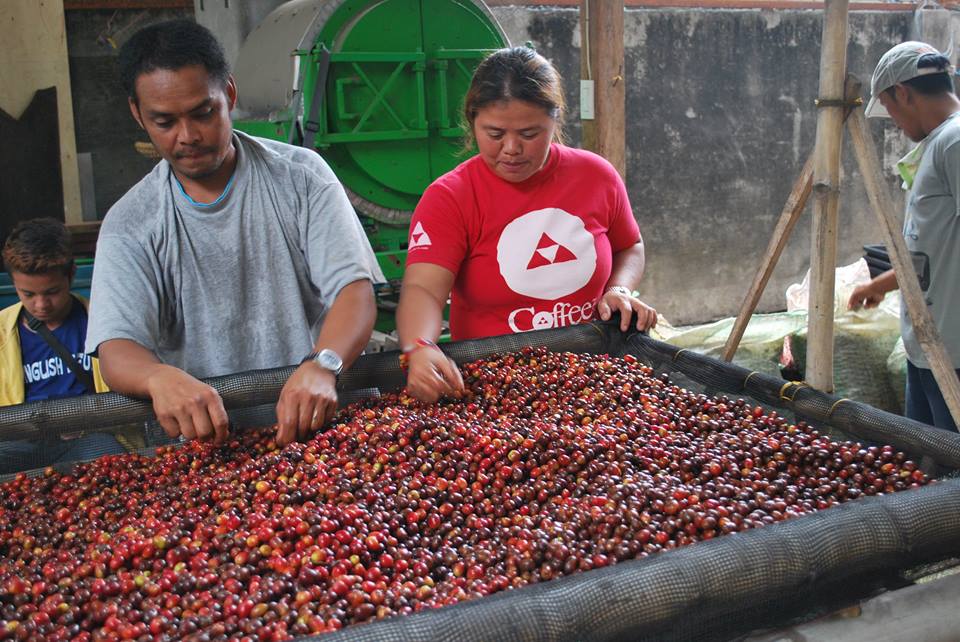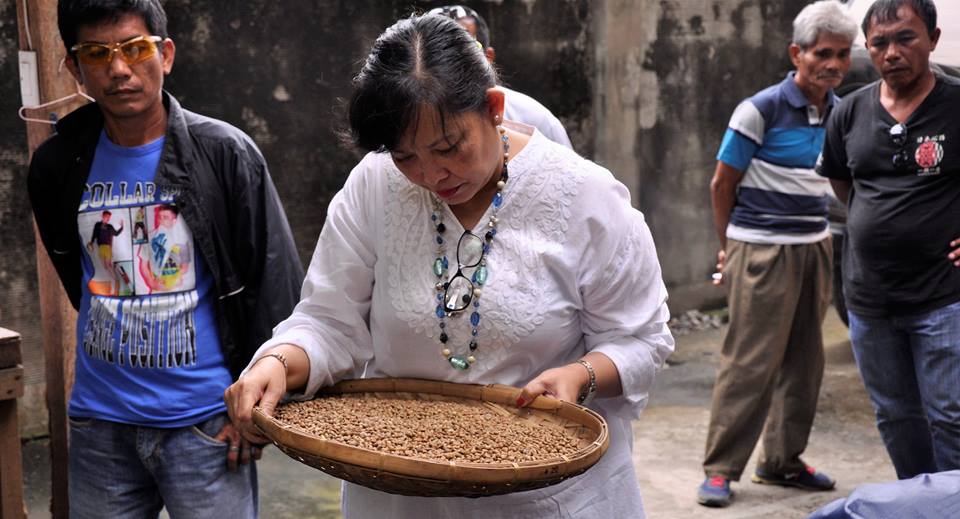Most businesses start with a plan to meet a demand—but not exactly how Coffee for Peace, Inc. (CFP) did.
The demand they were made to meet was for the latter part of their business name. In Mindanao where the political situation is as unsteady as the current state of global politics, long-term peace has been one of the desires of many of its inhabitants. So in September 2006 when CFP’s founding team assisted in resolving a conflict situation between two small groups of migrant and Bangsamoro farming communities over land and resources, the medium of reconciliation used for the armed conflict was unlike anything that had been tried before: coffee.
As in most land disputes in the country, the argument was rooted in who owned the land and who tilled the crops. However, “Instead of shooting each other, the leaders of the two parties-in-conflict were invited for a dialogue over coffee. Since then, the two communities avoided killing each other,” according to CFP.
Soon after, the community leaders opened a dialogue over a cup of hot coffee. Two years later in April 2008, CFP was officially established as the profit-building arm of PeaceBuilders Community, Inc., a nationwide organization dedicated to establishing peace and reconciliation throughout the country.
For more than 10 years, CFP has been hands-on in training farmers on Arabica production, the principles of fair trade, trading policies, entrepreneurial skills, financial management, and more. Beyond just dealing directly with those at the grassroots level, CFP commits to ensuring that they can maintain a sustainable business after their assistance. Last February, farmers from North Cotabato participated in their six-month Coffee Quality and Peace and Reconciliation training.
This is all simply a part of their overall goal towards inclusive development, which is a necessity of sustainable development.


On inclusive development
According to Oxfam, “Inclusive development is a pro-poor approach” that benefits marginalized groups of a specific industry ecosystem. In other words, it means the development of every sector is the objective.
Social exclusion is a reality that countries need to face when economic growth excludes the primary production sector from reaping the benefits of their labor. As the United Nations Development Programme states, inclusive development is the cure to this phenomenon as it provides equitable opportunities by sharing the benefits of development throughout the spectrum, starting with those working at the grassroots level. In terms of agriculture, this concerns farmers.
Given the economic inequality in the country, CFP barista Catherine Olitao notes how farmers are vulnerable to businessmen offering to purchase their land for a low price and setting even lower prices for their produce.
Aiming to battle situations like this, CFP has been working hand in hand with farmers and indigenous peoples to establish self-sustaining businesses and trades. For CFP CEO Joji Pantoja, CFP’s CEO, “Inclusive development is a practical application of a love-energized harmony with creation.”
A win-win situation
Considering the complex context of Mindanao, CFP is working to provide opportunities for Lumads, Moros, and migrant people. Given their start in conflict reduction and community mediation, CFP has been in close contact with each sector in the region, particularly the indigenous groups. Working to assist them in achieving self-determination, CFP supports their efforts to preserve and nurture their respective ancestral domains.
With all of these efforts to promote inclusive development, it should come as no surprise that CFP won The Country Winner—Philippines and The ASEAN Winner awards during the ASEAN Business Awards 2018 held in Singapore last December.
Social enterprise at its best, CFP is a paragon in inclusive development business models.
Coffee for Peace is located at Unit 6105, One Oasis,, Eco W Dr, Davao City, Davao del Sur.

